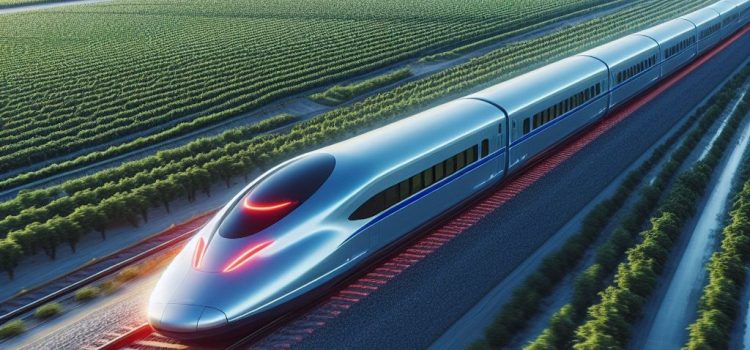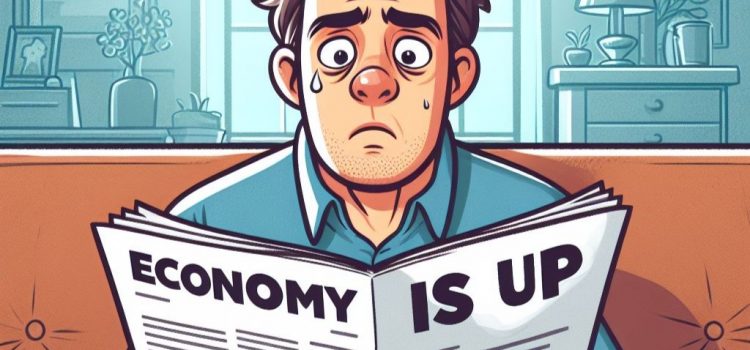How does perfectionism go against our unconscious mind? How do we innately seek safety and minimize failure? In Alchemy, Rory Sutherland suggests that to solve economic and political problems, we should leverage people’s illogical—and even magical—ways of thinking. One of these is our unconscious desire to go with whatever works rather than the best possible solution. Keep reading to learn about the satisficing model of decision-making and how to make it work for you.
Whatever Works: The Satisficing Model of Decision-Making










